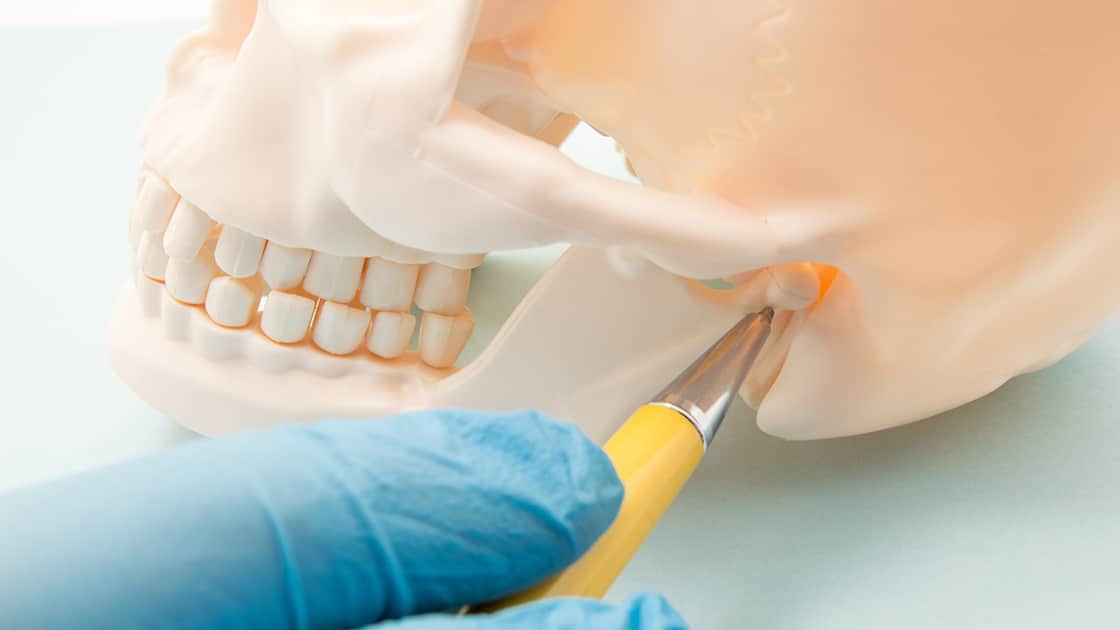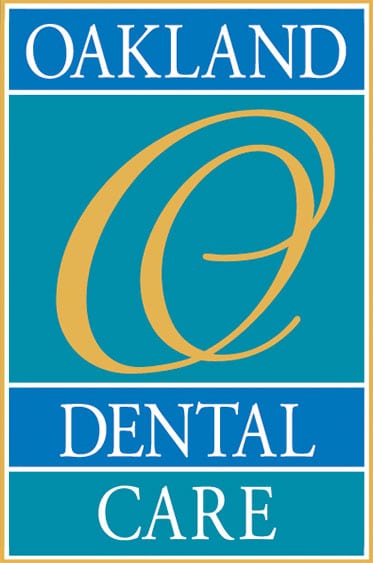
What are TMJ disorders?
The temporomandibular joint (TMJ) connects the jawbone to the skull. TMJ disorders can affect normal jaw function and are frequently intensified by stress, often causing discomfort in the cheek, jaw, or ear areas.
TMJ conditions fall into three main categories:
- Myofascial pain: Discomfort or pain in the muscles that control jaw function (grinding teeth can result in this type of TMJ disorder)
- Internal derangement of the joint: A possible indicator of a displaced disc, dislocated jaw, or injury to the condyle
- Arthritis: A degenerative inflammatory disorder that causes joint pain and stiffness
Signs and symptoms of TMJ disorders
- Headaches
- Soreness in the cheek or jaw area
- Pain in or around the ears
- Facial pain
- Tight jaws
- Popping or clicking sounds when opening mouth
- Locking of the jaw
- Difficulty chewing
How are TMJ disorders treated?
To treat TMJ disorders, the cause must first be identified. In less severe cases, TMJ disorders can be treated with self-managed care (eating soft foods, using ice packs, avoiding extreme jaw movement) or nonsurgical treatments (anti-inflammatory medications, BOTOX® injections, stabilization splints).
We also create custom oral appliances that can alleviate stress on the temporomandibular joint (TMJ), and prevent further damage and pain. Typically worn at night, these removable acrylic appliances can help provide relief from temporomandibular joint pain and other effects of grinding the teeth.
Frequently Asked Questions About TMJ Disorders
TMJ pain and TMJ dysfunction can significantly impact daily life, often leading to difficulty chewing and other oral health complications. These TMJ issues may be linked to an underlying cause such as sleep apnea, missing teeth, or even habits that contribute to jaw strain. The American Dental Association emphasizes the importance of preventive care to avoid conditions like tooth decay and gum disease, which can further complicate jaw health. A personalized treatment plan may include the use of a night guard, one of the common treatments recommended for jaw-related concerns. Identifying the best treatment begins with a thorough evaluation, helping dental professionals create a solution tailored to each individual’s needs.

